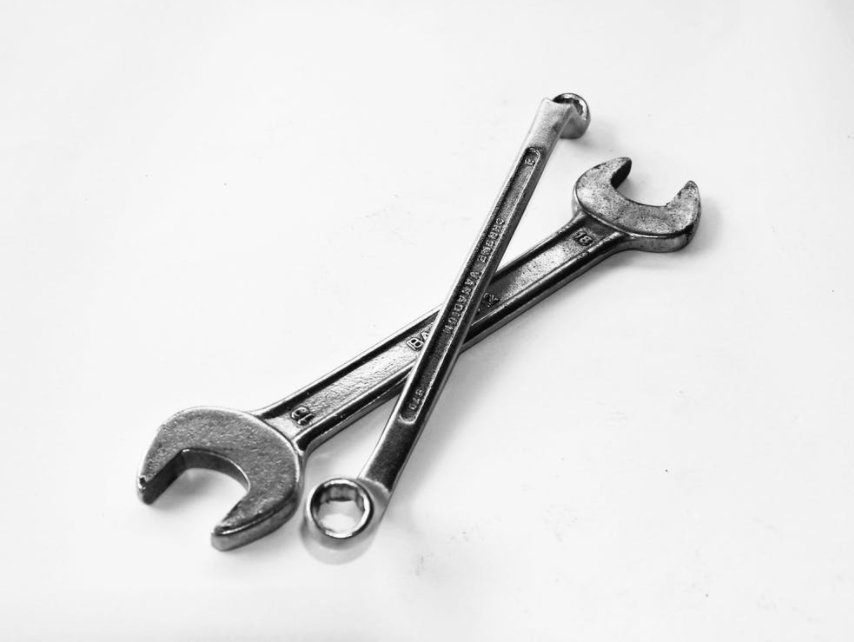So, you have decided to rent a condominium and are all set to move in. But apart from the rent, you will have to pay monthly maintenance fees. These are also called condo maintenance fees or condo fees.
Condo owners use this monthly maintenance fee (monthly condo fee) to cover any unforeseen or unexpected expenses towards repairs that may arise later on after you have moved into the condo unit. This condo maintenance fee is usually a monthly fee and covers monthly expenses.
What do the Condo Maintenance Fees Cover?

Every condominium complex has a condo board. Condo owners come together and establish a board that determines the average condo maintenance fees, also known as the monthly maintenance fees.
The condo board creates a reserve fund from the monthly maintenance fee it charges each condominium. Either the condo owner or a tenant pays such maintenance fees.
The condo corporation is the authority governing this reserve fund. The corporation decides on the amount of monthly fees and what expenses the condo maintenance fees should include.
The reserve fund health of any condo complex determines how financially prepared it is to face emergency situations. This corporation uses the reserve fund in a variety of ways. It is common practice to create a savings account for this fund and use it in a piecemeal fashion in the near future.
Usually, the maintenance covers the cost of repairs and maintenance of the condominium property. This includes the interiors of each condo unit as well as the common area surrounding the complex. Often, these condo fees are more for older buildings. This is because as the building ages, the average condo maintenance fee goes slightly up.
What Do the Maintenance Fees Include?

Many a time, roof replacement is an area of expense too. Snow removal is another avenue that needs some financing.
Ultimately, as a tenant, you pay condominium maintenance fees according to the age of the property and the amenities your condo has. Therefore, you pay condo fees at a higher rate for more amenities.
How to Determine the Maintenance Fees?

The available square footage in your condo determines the amount of monthly fee. So, the condo association charges condos fees as a standard amount of money per square foot.
Your condo maintenance fees are directly proportional to the total square foot area of your unit. In case of any dispute, a real estate lawyer will intervene to try to resolve it.
What is the Condominium Owner’s Contribution?

Sometimes, expenses other than repairs crop up. If the condominium landlord wishes to sell off his property, among other things, they need to complete a lot of paperwork.
They will first have to obtain a status certificate and put all papers regarding their monthly mortgage and price of the purchase in order.
The condo’s status certificate reflects its financial condition and that of the corporation it belongs to, as well.
There is also the question of property taxes and condo insurance.
Though condominium maintenance fees include a majority of the repairs, building insurance is necessary for sudden losses arising from natural calamities. For instance, the real estate sector is quite prone to disasters like earthquakes, fires, floods, etc. and insurance takes care of losses and damage arising due to these.
Do the Maintenance Fees Include Condominium Insurance?

It, therefore, makes sense that condo living includes the cost of repairs and regular maintenance charges. In the cases where a tenant is living, they become responsible for bearing such cost.
Such maintenance charges in Toronto cover pretty much all expenses related to the upkeep of the property.
Most Toronto condominiums come equipped with a varied range of amenities, some of which are in the luxury category. It makes sense that if a tenant is using or consuming the facilities, they also pay up to keep them in good shape.
What Amenities Include Maintenance Fees?

In addition, most all such units have best-in-class amenities. These are quite luxurious and fancy.
If a unit owner has leased out their property, they are not there to enjoy such high-end facilities though the condo owner pays for the same; the purchase price they have paid covers the cost of all these amenities.
It is obviously both logical and fair that they pass on the expense of upkeep and maintenance of all such amenities to the individual renting the property.
It thus becomes the responsibility of tenants to pay condo maintenance fees.

People renting a condominium end up saving on numerous areas and aspects of their condominium living.
Facilities like squash courts, theatre systems and gyms are already available in the complex. So the tenant need not pay more for them elsewhere.
Then again, most condominiums have central locations that are quite close or (sometimes) within the heart of big cities.
Workplaces and commercial complexes are usually within walking distance. If not, there is a well-connected transport system nearby. Thus, the tenant also ends up saving on transportation costs.
To sum things up, maintenance charges for tenants of a condominium are a necessary expense, but they have their advantages too. For more information, contact the PreCondo Team today!

